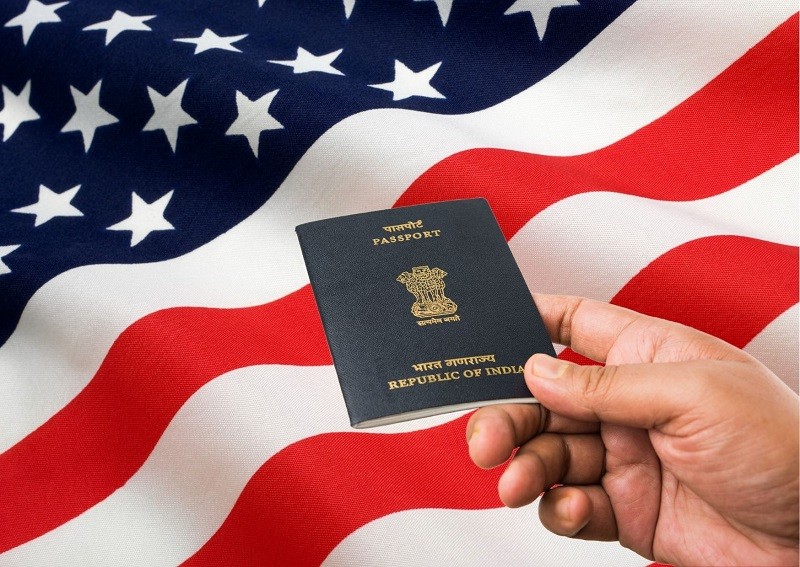Introduction
Traveling to the United States is a dream for many Belgians, whether for tourism, business, education, or work. Understanding the different types of American visas available for Belgian citizens and the application process is essential to making this dream a reality.American Visa For BELGIAN CITIZENS
Types of American Visas
Non-Immigrant Visas
Non-immigrant visas are for temporary stays in the U.S. This includes tourism, business, education, and temporary work.
Immigrant Visas
Immigrant visas are for individuals intending to live permanently in the U.S.
Non-Immigrant Visa Categories
Tourist Visa (B1/B2)
The B1/B2 visa allows Belgians to visit the U.S. for tourism, business, or medical treatment.
Student Visa (F1/M1)
For Belgian students pursuing academic or vocational studies in the U.S.
Work Visa (H-1B, L-1)
For Belgians seeking employment in specialized fields or transferring within multinational companies. American Visa For AUSTRIAN CITIZENS
Exchange Visitor Visa (J-1)
Designed for cultural exchange programs, internships, and research positions.
Immigrant Visa Categories
Family-Based Green Card
For Belgians with family members who are U.S. citizens or permanent residents.
Employment-Based Green Card
For professionals with employment offers in the U.S.
Diversity Visa Lottery
A program offering Belgian citizens a chance to obtain a Green Card through a lottery system.
Visa Application Process
Step-by-Step Guide
- Determine the appropriate visa type.
- Complete the DS-160 form.
- Pay the visa fee.
- Schedule and attend the visa interview.
Required Documents
- Valid passport
- DS-160 confirmation page
- Visa fee receipt
- Passport-sized photos
- Supporting documents based on visa type
Visa Fees and Payment Methods
Visa fees vary by visa type and must be paid before scheduling the interview.
Interview Process
Scheduling the Visa Interview
Appointments can be made online via the U.S. embassy website.
Common Interview Questions
Expect questions about your travel purpose, financial stability, and ties to Belgium.
Tips for a Successful Interview
- Be honest and confident.
- Provide clear and concise answers.
Processing Times
Processing times depend on the visa type, time of year, and embassy workload.
Visa Approval and Denial
Understanding Visa Approval
Approved applicants receive their visas within a few days after the interview.
Reasons for Visa Denial
Common reasons include incomplete documentation, lack of financial proof, or unclear travel purpose.
How to Handle Visa Denial
Applicants can reapply after addressing the reasons for denial.
Traveling to the U.S.
Preparing for Your Trip
Ensure you have all necessary documents and a clear travel itinerary.
U.S. Customs and Border Protection (CBP) Procedures
Be ready for inspection upon arrival and answer questions truthfully.
Tips for Belgian Citizens
Cultural Differences
Understanding U.S. social norms can help you integrate smoothly.
Safety Tips
Stay aware of your surroundings and follow local laws.
Common Challenges and Solutions
Overcoming Language Barriers
Improving English skills can ease communication challenges.
Visa Renewal and Extension
How to Renew a Visa
Start the renewal process before your visa expires.
Legal Rights and Responsibilities
Visa holders must adhere to U.S. laws and regulations.
Resources for Belgian Citizens
The U.S. Embassy in Brussels offers support for visa applicants.
Conclusion
Navigating the U.S. visa process may seem complex, but with the right guidance, Belgian citizens can successfully obtain a visa and enjoy their stay in America.
FAQs
- How long does it take to get a U.S. visa from Belgium?
Processing times vary by visa type but generally take a few weeks. - Can Belgian citizens work in the U.S. on a tourist visa?
No, a work visa is required for employment. - What are the visa fees for Belgian citizens?
Fees depend on the visa category and range from $160 to several hundred dollars. - Is travel insurance required for a U.S. visa?
Not mandatory but highly recommended. - How can I check my U.S. visa application status?
Status updates are available on the U.S. Department of State website.
